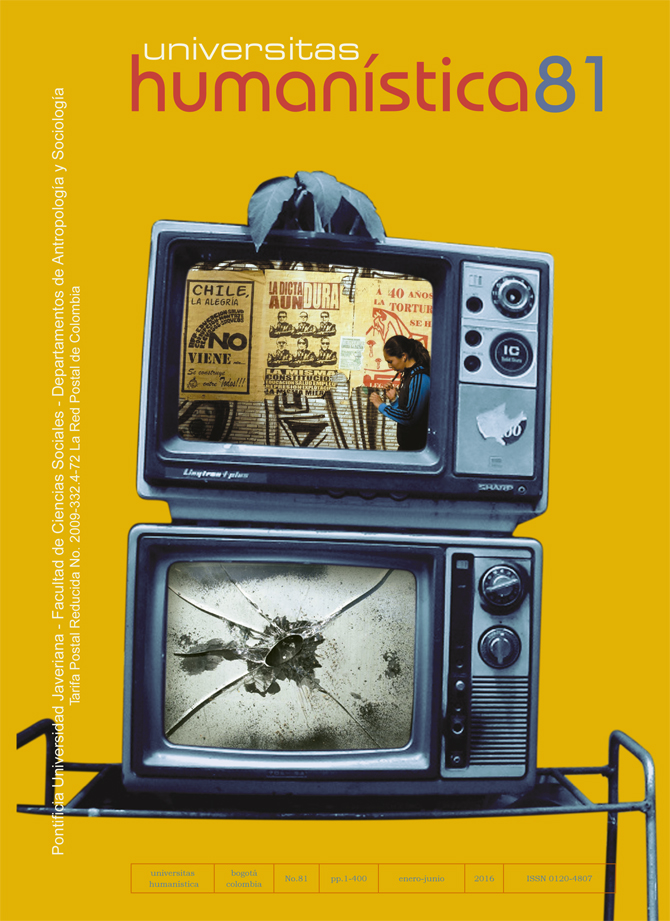Resumo
Este artigo propõe nova ênfase no trabalho investigativo e pedagógico da disciplina latinoamericana da Comunicação no estudo das práticas comunicativas e sua estreita relação com a alteridade e a mudança social. As práticas comunicativas incluem as dinâmicas ao redor dos meios e suas mediações e as transcendem para incluir ações e expressões quotidianas de extraordinária riqueza e diversidade, associadas a redes culturais e sentidos complexos. Tais práticas comunicativas ilustram, expandem e aprofundam os incessantes esforços de criação, transformação, recuperação e conservação de sentidos, redes e vínculos, mais para além do instrumental, que propendem por mudanças profundos e pela construção de alternativas a uma ordem social latino-americano injusto, destrutor, colonial e excludente. O estudo das práticas comunicativas em chave de mudança social, especialmente desde Latino-américa, abre janelas para outras formas de conhecimento e ação alternativas à modernidade, como a comunalidade ou o bom viver.
A revista Universitas Humanística encontra-se registada sob a licencia Creative Commons Versão 4.0 Internacional. Portanto, esta obra pode se reproduzir, distribuir e comunicar publicamente em formato digital, sempre que dado o crédito apropriado para os autores e a Pontificia Universidad Javeriana. Permite-se citar, adaptar, remixar, transformar, autoarquivar, republicar e criar a partir do material, para qualquer fim, mesmo que comercial, sempre que indicado apropriadamente o nome do criador, provido um link para a obra original e indicado se mudanças foram feitas. A Pontificia Universidad Javeriana não retém os direitos sobre as obras publicadas e os conteúdos são responsabilidade exclusiva dos autores, os quais conservam seus direitos morais, intelectuais, de privacidade e publicidade.
O aval sobre a intervenção da obra (revisão, correção, edição, tradução, formatação) e a subsequente difusão disponibiliza-se através de licença de uso e não através de transmissão de direitos, o que representa que a revista e a Pontificia Universidad Javeriana são isentas de qualquer responsabilidade que puder se derivar de uma prática ética pobre por parte dos autores. Em consequência da proteção fornecida pela licença de uso, a revista não fica na obrigação de publicar retratações ou alterar informações já publicadas, a não ser que a errata seja decorrente do processo de gestão editorial. A publicação de conteúdos nesta revista não representa royalties para os contribuintes.


